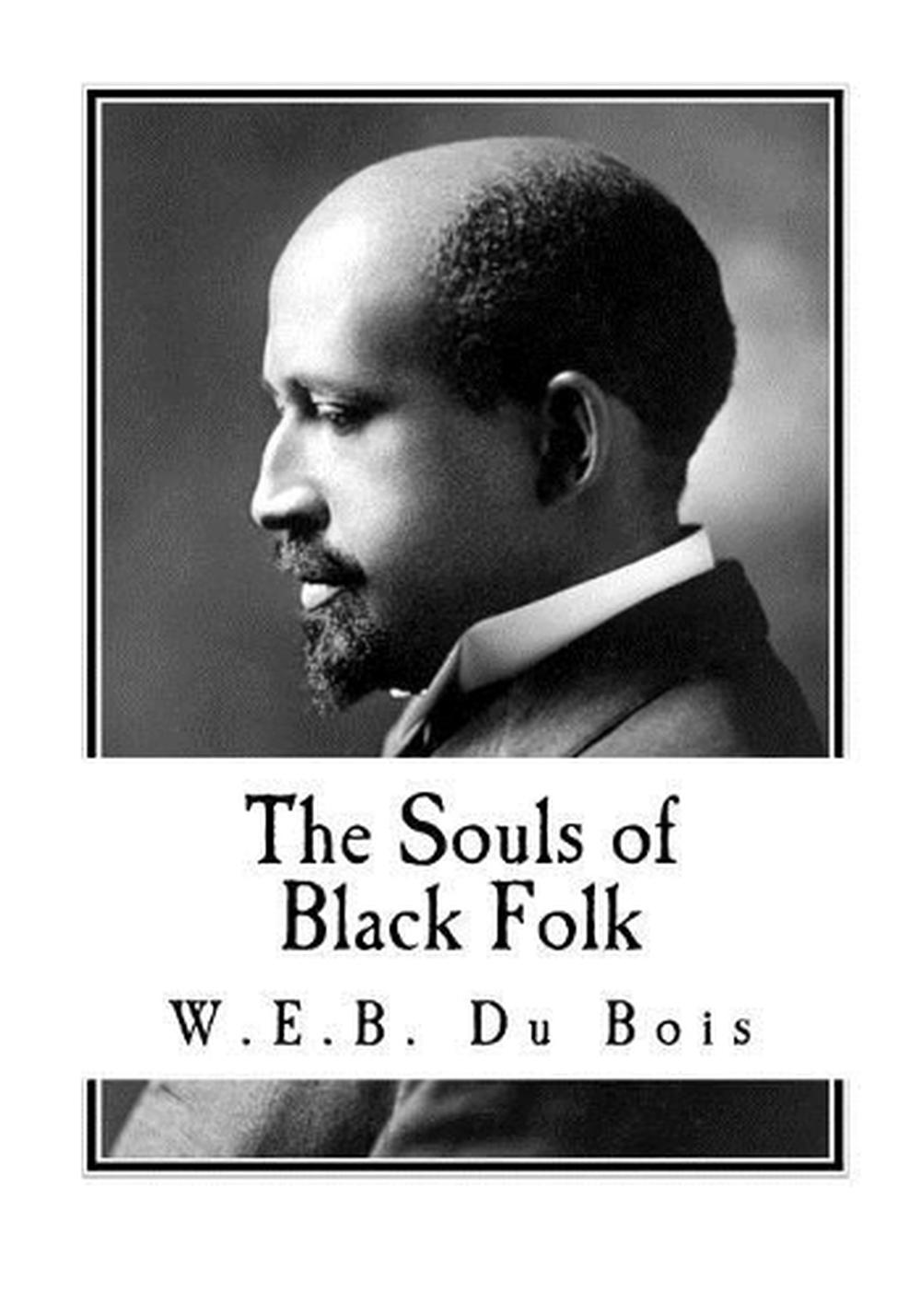


Why? Because who else can say they know and understand so much? And so deeply?

This second-sight is also a gift, however. It means seeing yourself the way a typical white American might see you (and back then, not too many white folks had generous perceptions of free black men and women). What's really key to understanding DuBois's notion of duality is "second-sight." Being split between "two warring ideals"-one "American," another "Negro"-isn't fun. If all those repeated "two"s don't drive the idea home, there's always the term "double-consciousness" to do it for you (which DuBois really did invent, by the way).ĭuality doesn't just mean having two personalities, though. In case you can't tell, this passage reinvented the concept of duality for the black American. That is, to understand what it means to be both American and black at the same time. If you're going to write the intellectual manifesto for the black American, why not start with a super bold statement? Du Bois more or less begins the first chapter of his book with this main problem and primary gift of every black American: the ability to understand two points of view simultaneously. One ever feels his two-ness,-an American, a Negro two souls, two thoughts, two unreconciled strivings two warring ideals in one dark body, whose dogged strength alone keeps it from being torn asunder." It is a peculiar sensation, this double-consciousness, this sense of always looking at one's self through the eyes of others, of measuring one's soul by the tape of a world that looks on in amused contempt and pity. "After the Egyptian and the Indian, the Greek and Roman, the Teuton and Mongolian, the Negro is a sort of seventh son, born with a veil, and gifted with second-sight in this American world,- a world which yields him no true self-consciousness, but only lets him see himself through the revelation of the other world.


 0 kommentar(er)
0 kommentar(er)
